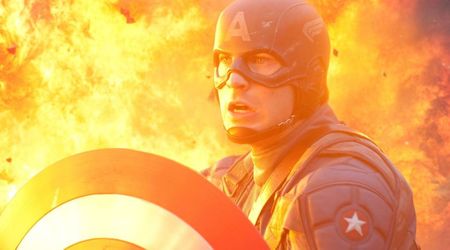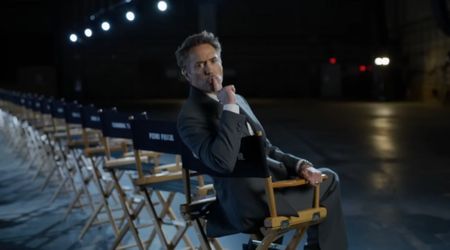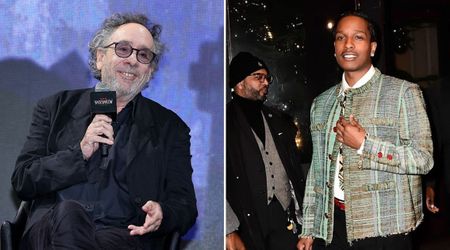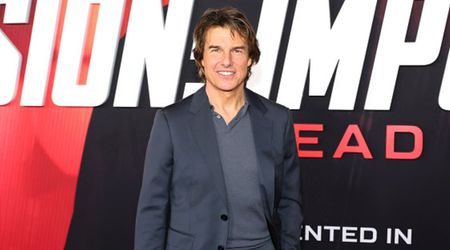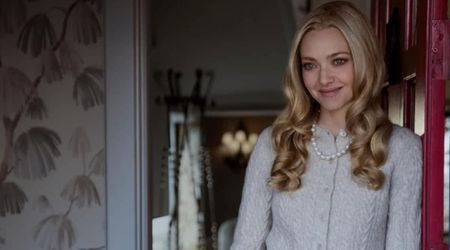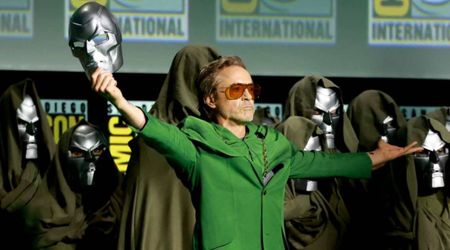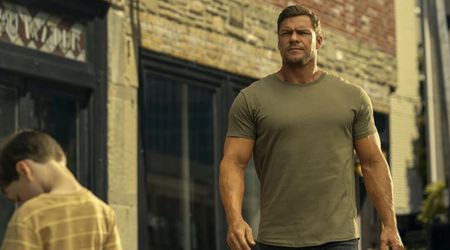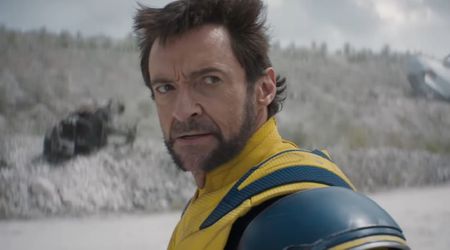'The Trial of the Chicago 7': Who was the real Leonard Weinglass? Lawyer fought for the underdog with passion

Netflix’s latest movie offering is Aaron Sorkin’s political drama, ‘The Trial of the Chicago 7’, based on the historical Chicago conspiracy trial of 1969. Eight people, including Abbie Hoffman, Jerry Rubin, Bobby Seale, David Dellinger, Tom Hayden, Rennie Davis, John Froines, and Lee Weiner, were charged under the Rap Brown Law aka the Anti-Riot Act. During the trial, Bobby Seale (Yahya Abdul Mateen II) was given a mistrial by Judge Julius Hoffman (Frank Langella) on the request of the US Attorney’s office.
Judge Julius Hoffman was shown to be heavily antagonistic towards the defendants and the defense team which comprised of attorneys William Kunstler (Mark Rylance) and Leonard Weinglass (Ben Shenkman). While Kunstler is rightly shown to be a just attorney as he defended the Chicago Seven, Weinglass is often relegated to a sidekick role in the movie.
However, in real life, Leonard Weinglass -- mistakenly referred to as “Fineglass” by the judge in the movie occasionally --, was a far more important attorney during the counterculture movement of the 20th century. The Yale Law School grad was known for defending clients that most attorneys would not be confident in representing. While he is most known for his work during the Chicago Seven trial, Weinglass represented many more controversial figures throughout his career and was known for his liberal stance.
In 1972, he defended Daniel Ellsberg and Anthony Russo, who were military analysts with the RAND corporation who had gotten disaffected by the Vietnam War and leaked secret documents about the government’s conduct of the war. That trial ended with the dismissal of all charges because of the government’s misconduct in trying to gather evidence against Weinglass’s clients.
Weinglass is also known for representing indigenous prisoner, Jimi Simmons, charged with murdering a prison guard. Simmons refused to appear for his trial in shackles and Weinglass spent two years appealing the judge’s decision to refuse Simmons’ demands. Eventually, the judge backed down and Simmons appeared at his trial, not only unchained but also proudly carrying his ceremonial pipe.
Other notable clients of Weinglass included Black Panthers. He defended Angela Davis, the activist and educator who was acquitted of murder, conspiracy, and kidnapping charges in the 1970 killing of a California judge. More famously, Weinglass was the attorney who helped put the CIA on trial when he represented Amy Carter, the daughter of President Carter, who along with others, including Abbie Hoffman, was arrested during a 1986 protest against the activities of the CIA at the University of Massachusetts. Citing a university policy that prohibited criminal organizations from recruiting on campus, the student activists claimed that the CIA was a "criminal organization that fomented coups and atrocities all over the world and should therefore be banned from campus." Weinglass employed the necessity defense, arguing that the activists’ campus disruption was necessary and brought about public courtroom damnation of the CIA’s activities.
Weinglass’s other clients included Kathy Boudin, a member of the Weather Underground charged with felony murder for her participation in an armed robbery, anti-war activist Ron Kaufman; Bill and Emily Harris (of the Symbionese Liberation Army), and the wrongfully convicted Korean-American Chol Soo Lee.
Up until the last year of his life in 2011, Weinglass continued to take on cases. He saw no reason to stop, saying "the typical call I get is the one that starts by saying 'You are the fifth attorney we've called'. Then I get interested."
In fact, Weinglass was often touted to be an extraordinary lawyer and the best trial attorney, with Tom Hayden saying so in an interview with The Washington Post. Daniel Ellsberg told the publication that Weinglass was drawn to defending justice, saying, "He felt in many cases he was representing one person standing against the state. He was on the side of the underdog. He was also very shrewd in his judgment of juries."
‘The Trial of the Chicago 7’ is now streaming on Netflix.

